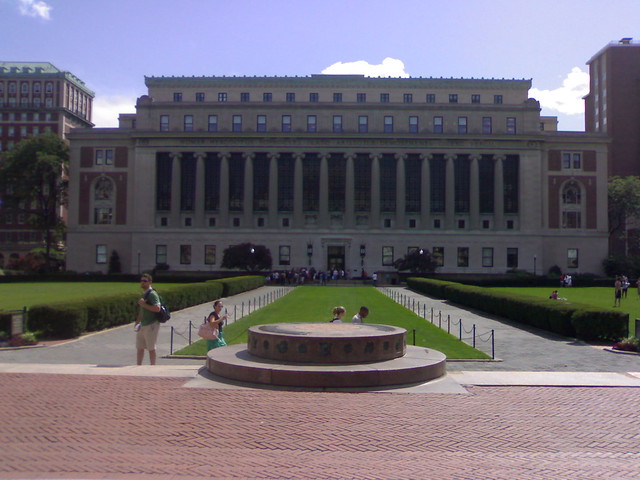Top five quantitative engineering programs in America

As it turns out, your Calculus teacher was right. You do need to know math; particularly if you go into finance.
Decades ago, Wall Street was a very different place. Writers Tom Wolfe, author of The Bonfire of the Vanities; Michael Lewis, author of Liar's Poker; Oliver Stone, director of Wall Street (1987); built their reputations by detailing the cutthroat world of high finance. While some of that legacy remains, the rise of complicated financial products has attracted a new breed to Wall Street: the engineer.
Equipped with backgrounds in physics, mathematics, or computer science, "Quants" marry finance with mathematics: offering valuable insight into the complicated realms like statistical arbitrage and algorithmic trading. So it shouldn't come as a surprise that quantitative analysts are in high demand.
To get a better handle on the best places to recruit an engineer, Advanced Trading recently published a list of the "Top 10 Quant Schools of 2012." Here are the highlights:
5. NYU Courant Institute of Mathematical Sciences

Founded in 1999, NYU's Master of Science of Mathematics in Finance (M.S.M.F.) degree accepts just 10 percent of applicants each year. During the 1.5 year program, students take courses in mathematical modeling, advanced Calculus, Econometrics, and Risk Management, among others. In 2012, 85 percent of graduates from the 1.5 year program had secured jobs.
4. MIT Sloan School of Business Students pursuing the one-year Masters of Finance program at MIT's Sloan School of Management not only has the benefit of a legacy of financial analysis that goes back to the 1960s; they also have access to their own trading floor.
Students pursuing the one-year Masters of Finance program at MIT's Sloan School of Management not only has the benefit of a legacy of financial analysis that goes back to the 1960s; they also have access to their own trading floor.
3. Cornell University
 Cornell's 1.5 year Financial Engineering Manhattan (CFEM) program involves courses in Credit Risk, Risk Management, and Portfolio Analysis, in addition to courses in Financial Engineering.
Cornell's 1.5 year Financial Engineering Manhattan (CFEM) program involves courses in Credit Risk, Risk Management, and Portfolio Analysis, in addition to courses in Financial Engineering.
2. Columbia University
 During Columbia University's one-year M.S. in Financial Engineering program, students take courses in optimization, data analysis, portfolio theory, derivatives valuation, and financial risk analysis, among others. According to Columbia's website, 95 percent of students find work after graduation, earning anywhere between $50,000 and $120,000 per year.
During Columbia University's one-year M.S. in Financial Engineering program, students take courses in optimization, data analysis, portfolio theory, derivatives valuation, and financial risk analysis, among others. According to Columbia's website, 95 percent of students find work after graduation, earning anywhere between $50,000 and $120,000 per year.
1. Carnegie Mellon
 Founded in 1994, Carnegie Mellon's M.S. in Computational Finance program includes a roster of 25 courses, including asset pricing, statistical arbitrage, risk management, and dynamic asset management, designed specifically for the MSCF program.
Founded in 1994, Carnegie Mellon's M.S. in Computational Finance program includes a roster of 25 courses, including asset pricing, statistical arbitrage, risk management, and dynamic asset management, designed specifically for the MSCF program.
Images: Dande Luca/Flickr, Ian Lamont/Flickr, AndyMW91/Flickr, James MH/Flickr, and Ryan Kelly/Flickr.
This post was originally published on Smartplanet.com